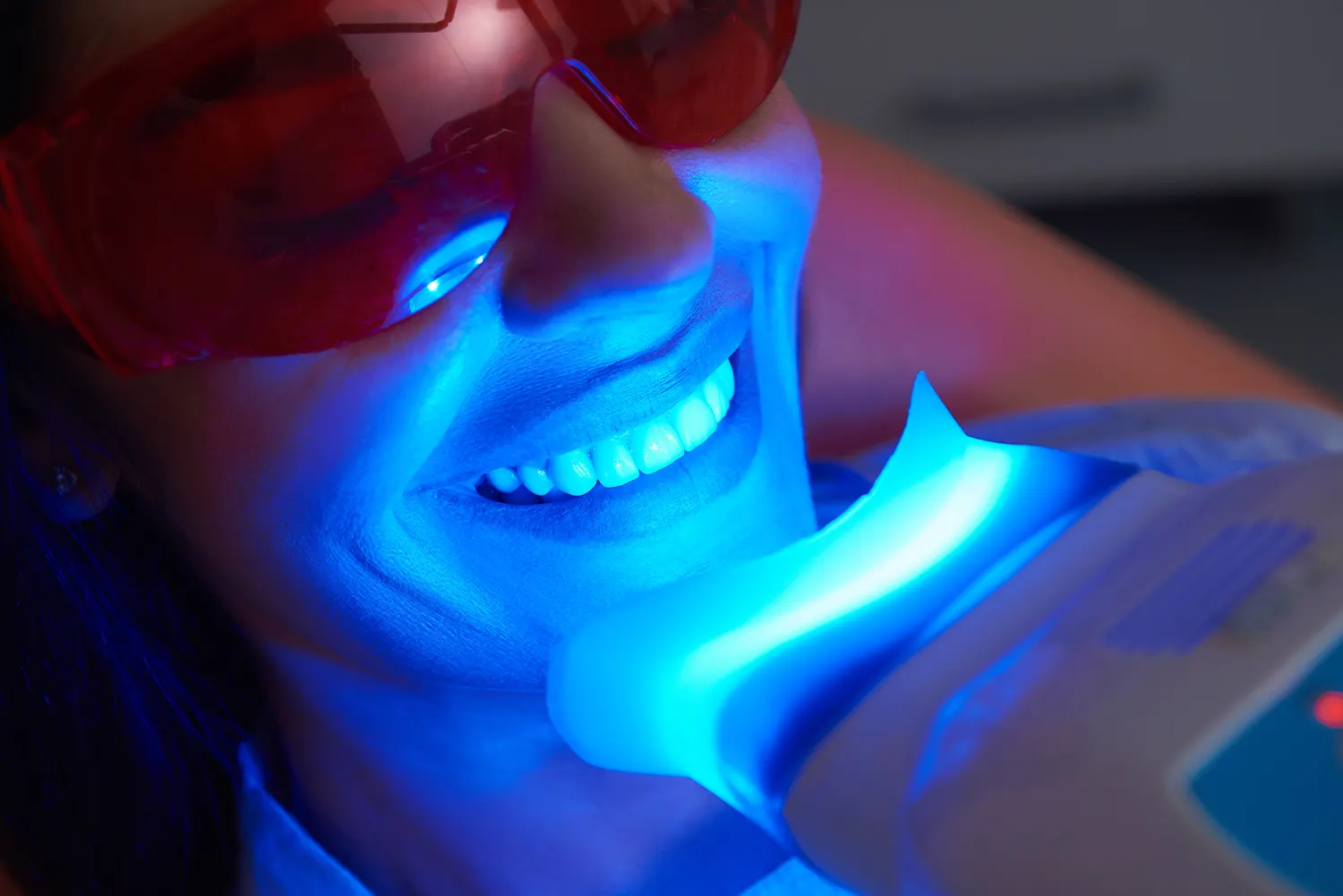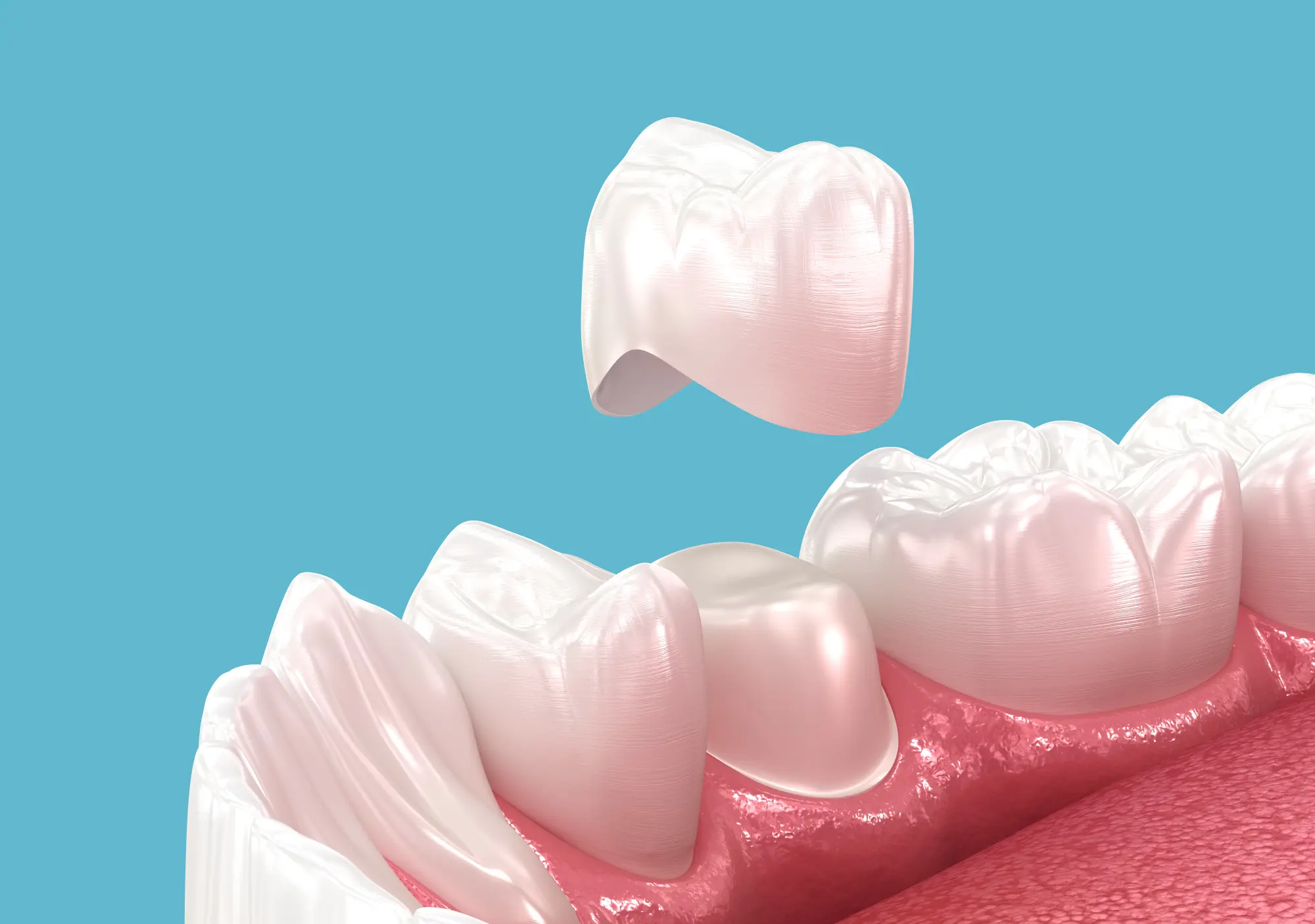
The Ultimate Guide to Dental Crowns: Types, Procedure, and Aftercare
Whether you're dealing with a cracked tooth, a large filling, or a dental implant, crowns can provide the necessary support and longevity. Understanding the types of crowns available, the procedure involved, and how to care for them post-treatment can empower you to make informed decisions about your dental health.
In this comprehensive guide, we'll walk you through everything you need to know about dental crowns, ensuring you're well-prepared for your journey to a healthier, more confident smile.
Types of Dental Crowns
When it comes to dental crowns, there are several types to choose from, each with its own set of advantages. The most common types include:
- Porcelain Crowns: Known for their natural appearance, porcelain crowns are an excellent choice for front teeth.
- Metal Crowns: Highly durable and often used for molars, metal crowns are made from alloys that withstand biting and chewing forces.
- Porcelain-Fused-to-Metal (PFM) Crowns: These offer the strength of metal crowns with a more natural appearance due to the porcelain overlay.
- All-Resin Crowns: A more affordable option, though less durable than other types, making them suitable for temporary use.
Each type of crown has its unique benefits and considerations, so it's crucial to consult with your dentist to determine which is best for your specific needs.
The Dental Crown Procedure
The process of getting a dental crown typically involves two visits to your dentist. During the first visit, your dentist will prepare the tooth by removing any decay and shaping it to fit the crown. An impression of the tooth is then taken to create a custom-fit crown. A temporary crown is placed to protect the tooth until the permanent crown is ready.
On your second visit, the temporary crown is removed, and the permanent crown is fitted and cemented in place. This procedure is generally straightforward, but it's important to follow your dentist's instructions to ensure a successful outcome.
Aftercare for Dental Crowns
Proper aftercare is essential to prolong the life of your dental crown and maintain your oral health. Here are some tips to keep in mind:
- Maintain Good Oral Hygiene: Brush and floss regularly to prevent plaque buildup around the crown.
- Avoid Hard Foods: Refrain from chewing on hard objects or foods that could damage the crown.
- Regular Dental Check-Ups: Schedule routine visits to your dentist to monitor the crown and your overall dental health.
By following these guidelines, you can ensure your dental crown remains in excellent condition for years to come.
Common Concerns and Solutions
It's natural to have concerns about getting a dental crown. Some common issues include sensitivity, discomfort, or the crown becoming loose. Fortunately, these problems are usually temporary and can be addressed by your dentist. If you experience any of these issues, it's important to contact your dental provider promptly for advice and potential adjustments.
Understanding these concerns and knowing that solutions are available can help alleviate any anxiety you may have about the procedure. Remember, your dentist is there to support you and ensure your experience is as comfortable as possible.
Your Path to a Healthier Smile in Redwood City
At Sadakian Dental Care, we are committed to helping you achieve a healthy, beautiful smile with our expert dental crown services. If you're in Redwood City, CA, and are considering a dental crown, don't hesitate to reach out to us. Dr. Haig Sadakian and our dedicated team are here to provide personalized care tailored to your needs. Call us today at (650) 363-8525 to schedule your appointment and take the first step towards enhancing your dental health and confidence.

Teeth Whitening in Redwood City: Safe Brightening from a Trusted Family Office

What’s the Difference Between a Dental Crown and a Veneer?

How Preventive Dentistry Helps Detect Oral Cancer Early

